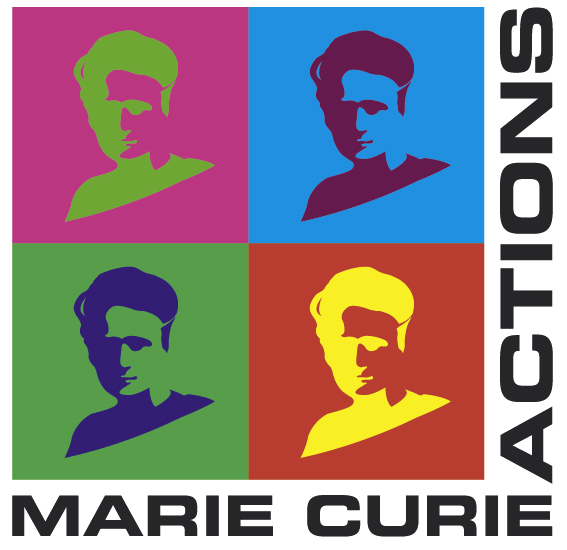The ANDREA project brings together 3 academic and 2 commercial partners, one company e one private hospital, placed in Italy, Germany and Portugal.
The partners have complementary expertise and resources in biomedical engineering, material science, biomedical signal processing, neuroscience and clinical neurology, which will be pooled to realize a joint collaborative research programme for the implementation of a novel dry electrode EEG system.
The main highlights of the novel system will be:
- recording without gel,
- multi-pin electrodes for stable and comfortable skin contact,
- polymer substrate for light weight and mechanical flexibility,
- nanostructured conductive coating for stable and reliable electrochemical characteristics,
- active preamplifier for better signal quality,
- novel adjustable cap network based on compliant bionic mechanisms for reproducible electrode positioning, and homogeneous and constant contact pressure,
- a software toolbox to process the signals recorded with the novel EEG system.
This consortium as a whole will provide 98 person-months of intersectoral secondments of the scientific staff members to implement extensive transfer of knowledge among partners, and 78 person-months of 4 Experienced Researchers (ERs) recruited for this IAPP project who will contribute with their supplementary expertise to the successful implementation of ANDREA. ANDREA defined concrete objectives that aim at developing and validating a novel dry electrode EEG system for multiple research, clinical and applied purposes. ANDREA will tackle these objectives through a detailed workplan encompassing specific research and transfer of knowledge activities.


